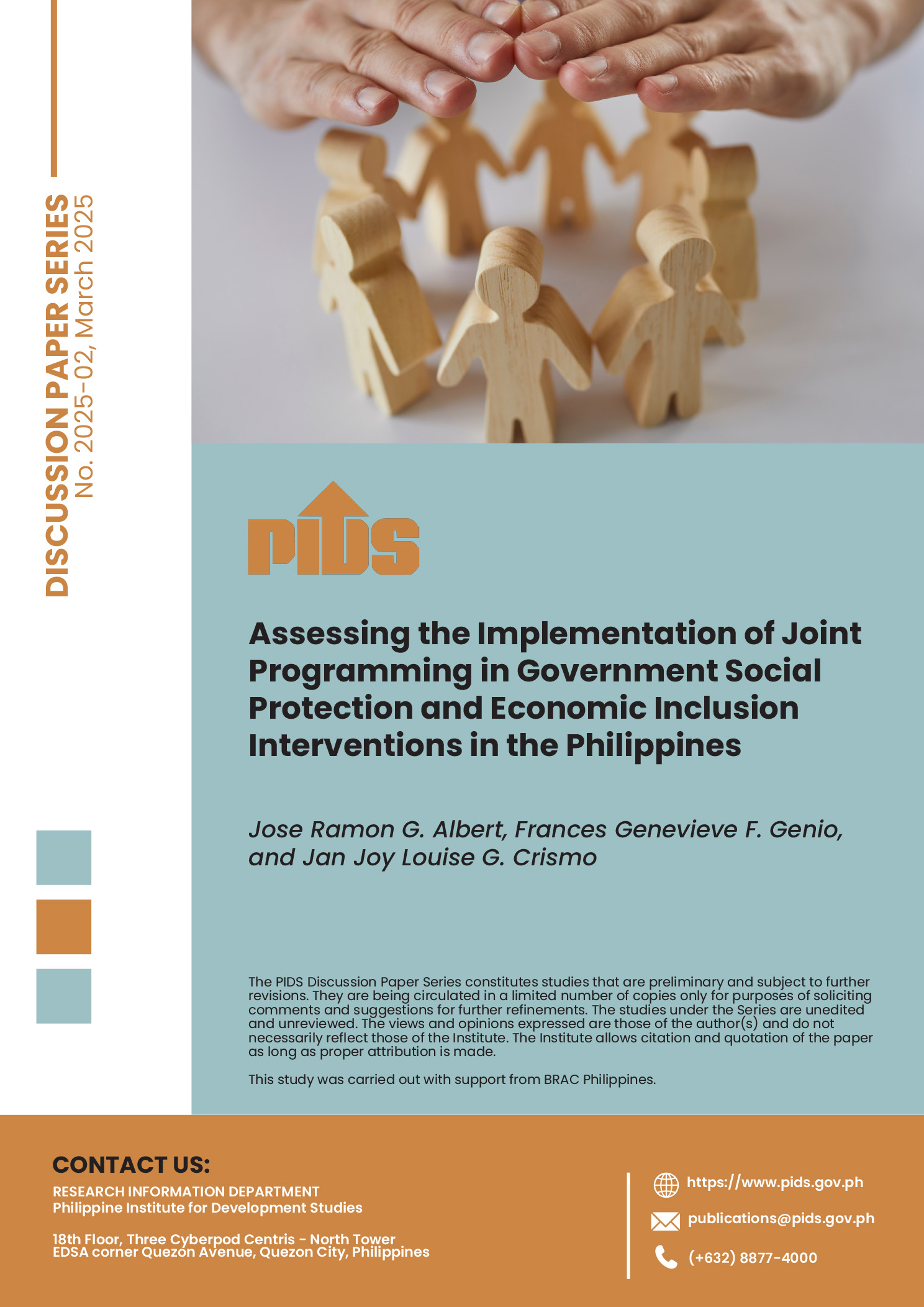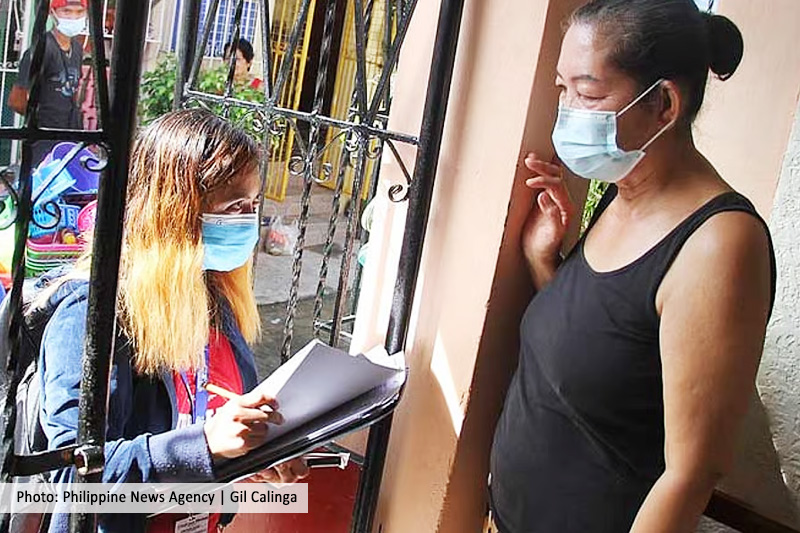LOGISTICS is defined as the integration of transport, warehousing, freight forwarding and information services. Along with competitiveness of products and services, efficient logistics services can significantly contribute to a country’s economy.
In the Philippines, transportation and logistics are considered main catalysts of economic growth. The country’s transport system is intermodal in character, which includes inter-island as well as intra-island mobility, and typically combines air, sea and road transport modes.
The Department of Trade and Industry (DTI) underscored the importance of having an efficient logistics system. It noted on its website, “Effective logistics development is one of the strategies that is seen to greatly facilitate trade and connectivity; contribute to the lowering cost and clearance time of imports and exports; and ensure the smooth ow of commodities. Once perceived to be stable and reliable, it would encourage market expansion and improvement of the investors’ condence in transporting goods and services.”
In the course of time, the increasing globalization, competition and trade require greater movement of goods and services, which then necessitates the need for a more efficient logistics system.
However, the Philippine logistics industry has been lagging behind its neighboring countries. In a policy note published in March 2018 by the Philippine Institute for Development Studies (PIDS) titled “Regulatory Challenges in the Philippine logistics industry,” Research Consultant Jose L. Tongzon noted that the Philippines currently has the highest logistics cost among the member- states of the Association of Southeast Asian Nations (ASEAN)— even trailing behind Vietnam, which is considered one of ASEAN’s transitional economies.
While Philippine logistics market has still managed to grow as a result of the country’s strong economic growth, growing outsourcing sector and rising globalization, according to the report, it has remained fragmented and dominated by foreign transnational players. In a separate report, DTI stated that the country’s logistical costs account for 24% to 53% of wholesale prices, while shipping and port handling costs cover 8% to 30%, depending on the goods’ route, and roughly 5% of the retail price of goods.
Moreover, the Philippines ranked 71st out of 160 countries in the Logistics Performance Index of World Bank. The international scorecard ranks countries based on a set of criteria including efficiency of the clearance by border control agencies, including customs; quality of trade and transport-related infrastructure; ease of arranging competitively priced shipments; competence and quality of logistics
services; ability to track and trace consignments; and timeliness of shipments in reaching destination within the scheduled or expected delivery time.
The report indicated that the country’s weak performance was attributed to its inadequate and relatively poor quality of infrastructure, inefficient customs, poor competency of logistics providers, along with their limited ability to track and trace shipments.
“One factor behind the poor performance and low international competitiveness of the Philippine logistics sector is its restrictive and incoherent regulatory framework, as can be seen in the case of the Philippine ports, ” the PIDS report stated. “The efficiency of the ports matters because their costs account for a large part of maritime transport costs, which providers and shippers usually shoulder by way of increased shipping charges. Delays due to port in efficiency can also lead to higher inventory costs and even loss of business opportunities.”
As recommendation for the logistics industry, the policy note shared that apart from the improvements in transport infrastructure, regulatory reforms are required to address the Philippine ports’ inefficiency and lack of international competitiveness.
“Currently, the Philippine Port Authority functions as both regulator and operator of the relevant logistics nodes in the supply chain. This not only sties inter-port competition within the country but could also lead to higher costs and inefficiency as explained earlier. To improve the situation, this study recommends the establishment of one separate entity in charge solely of port regulation,” the report cited as one of its recommended reforms.
Moreover, PIDS also recommends allowing more private sector participation by way of concessions through build operate-transfer or leasing agreements.












